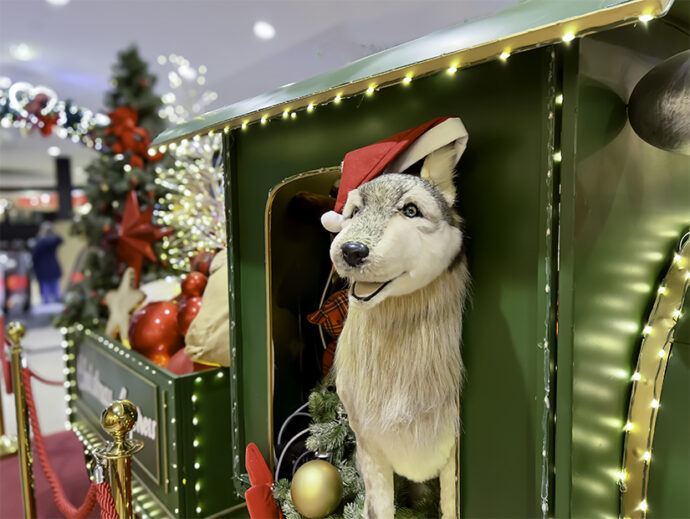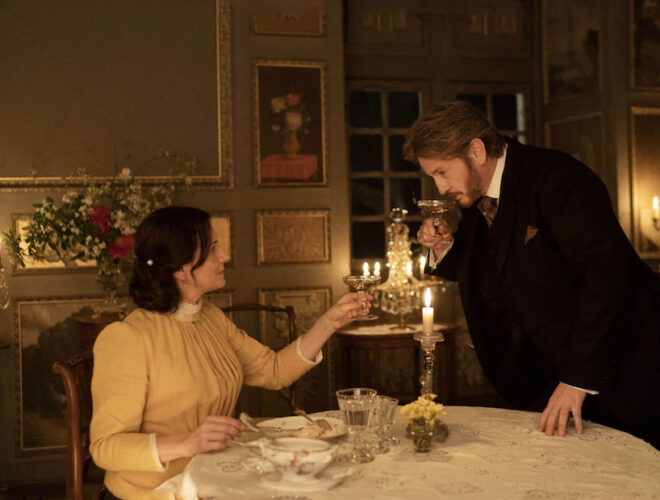
Aussie Lingo
Image Credit: PlayBuzz
When it comes to language, geography affects more than just our alphabet and accent. With each location there is varying terminology. While sometimes it is infamous slang, other times it goes unnoticed until we travel.
The Australian “G-Day” has crossed international waters. In a mimicked accent, the recognisable greeting is followed with cries of “Crickey,” and “Put another shrimp on the barbie!”
To set the record straight, we very rarely barbecue shrimp. The ever-faithful sausages are far more popular, although here they are referred to as snags or sausies.

sausies on the barbie
Image Credit – Jessica Dorey
So where did this language come from? Australian English separated from British English in 1820 as the Aussies strove for their own identity. While vocabulary has noticeably differed, the roots of our words and phrases can often be traced back to the lyricists of Ireland, the poets of Scotland, and the lords, ladies, and common folk of mother England.
The greeting “G’Day,” stems from “Good-day.” The prior being a casual and abbreviated form of the latter, which could have sprung straight from Dickens himself. A large portion of recognisable Australian language follows this method.
Our country is known as ‘the land of plenty.’ Here, slang is as plentiful as our red dust and roos. If in doubt, remove the second-half of the word, add an “ie” or an “o” at the end, and you will fit right in.
Here are some common examples:
Australian becomes “Aussie”
Brisbane becomes “Brizie”
Smoking or tea break becomes “Smoko”
Afternoon becomes “Arvo”
and Language becomes “Lingo”.
Wherever applicable, names follow suit. A name like Jonathan becomes “Jonnie” or “Jonno,” and if there is already a John, Jonnie and Jonno in the group, then surnames or predominant features will be subjected. I for one, am a short red-head called Esther O’Loughlin. Depending on the social setting, I am referred to as “tiny,” “(little) red,” “Essie,” or “Lockie.” So if a visit down-under is in the books for you, I recommend you practice answering to your Australian name.
It is not just Australia that has a linguistic heritage. Every word or phrase you say is rooted somewhere in history. Why not do some digging into the roots of your own slang? After all, it can’t hurt to mind your language.
*




